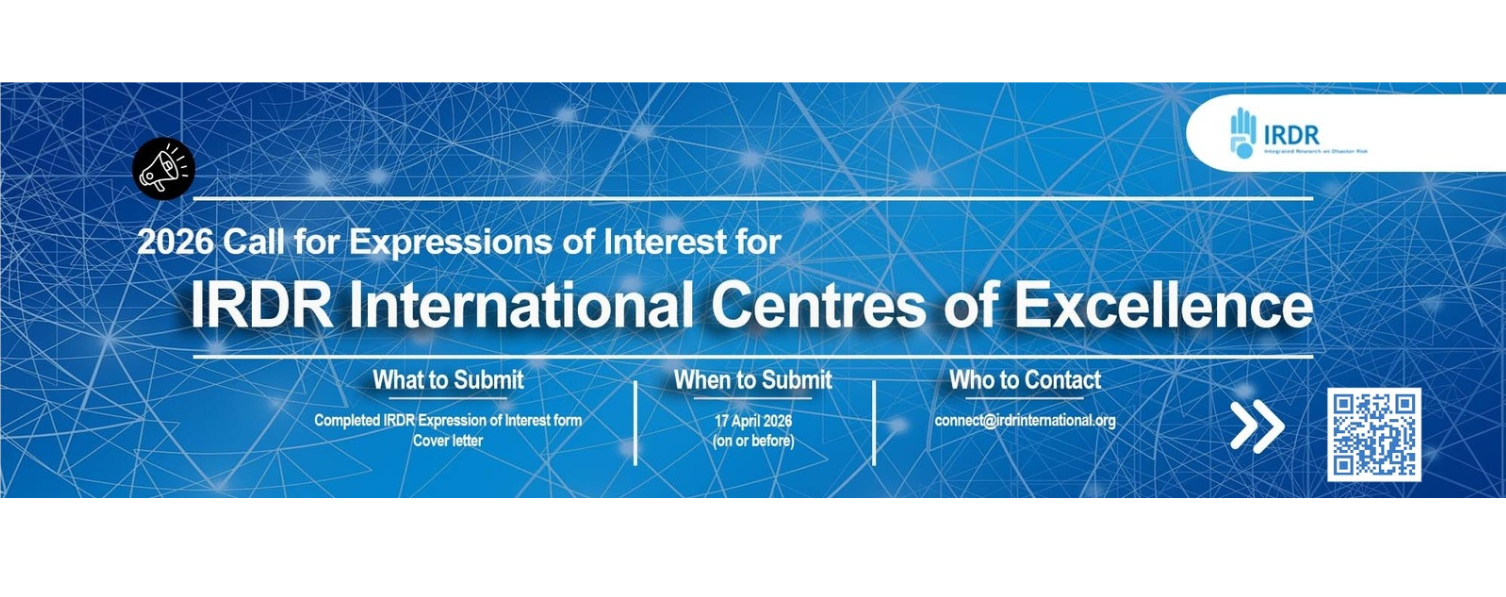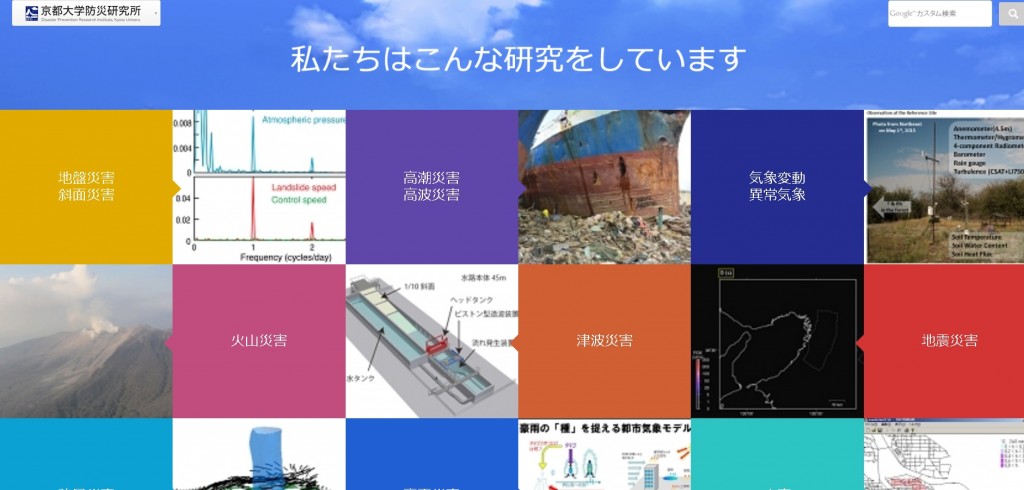Jointly with UN-DE SA and UNEP, ICSU organised a side event entitled “Strengthening science-policy links for reviewing progress on sustainable development” at this week’s meeting of the High-Level Political Forum in New York. Chaired by ICSU President-elect Gordon McBean, the event focused on how policymakers can better collaborate with science to support the effective implementation and monitoring of sustainable development. A. Roehrl from the UN Division for Sustainable Development, Dept. of Economic and Social Affairs, presented the prototype for a global sustainable development report and explained the different models under discussion at the Forum this week. The report brings together contributions from scientists, existing scientific assessments, as well as consultation of member states and across the UN system on the scope and methodology for the report and Roehrl called on researchers to play a more active role.

Nebojsa Nakicenovic from the International Institute for Applied Systems Analysis (IIASA) noted the importance of assessment mechanisms for improving science-policy links: the global energy assessment, for example, successfully analysed trends and explored pathways to achieving commonly agreed goals. UN-Ambassador Kőrösi, co-chair of the UN Open Working Group on SDGs, called on the scientific community to help develop a good set of indicators for the SDGs, test the coherence of the SDG framework, and track progress towards achieving the goals. He emphasised that science can provide real-time information, early warnings, and a better understanding of the on risks and thresholds societies live with and how they may be mitigated. Critical data would need to be translated into “the language of economy and society”.
Tanya Abrahamse, CEO of South African National Biodiversity Institute and member of the UN Scientific Advisory Board, stressed that “we need to change the narrative of what science is”, broaden its scope to include local knowledge, and democratise science. Elliott Harris from UNEP’s North America Office presented the Live initiative, a global data and knowledge management platform, and the importance of assessments to support evidence-based decision making from the national to the global scale. He emphasised that science has a critical role to play in identifying emerging issues to analyse trends, develop scenarios assessing the range of policy options and provide recommendations to governments.
Chair of the session, McBean, emphasised the need for the UN and the scientific community to work closely together to effectively put into practice a strong science-based monitoring framework for sustainable development.
The IRDR Science Committee discussed during its latest meeting in June 2014 in Beijing the merits and procedures for setting up an international scientific advisory mechanism for the science-based assessments of disaster risk and prevention activities. IRDR had subscribed to the so-called “London statement” calling for such a mechanism to be advocated and worked towards by communities and governments alike.
Download relevant documents:
- Programme: Strengthening science-policy links for reviewing progress on sustainable development
- Statement on establishing an international science advisory mechanism for disaster risk reduction to strengthen resilience
(Source: ICSU)





